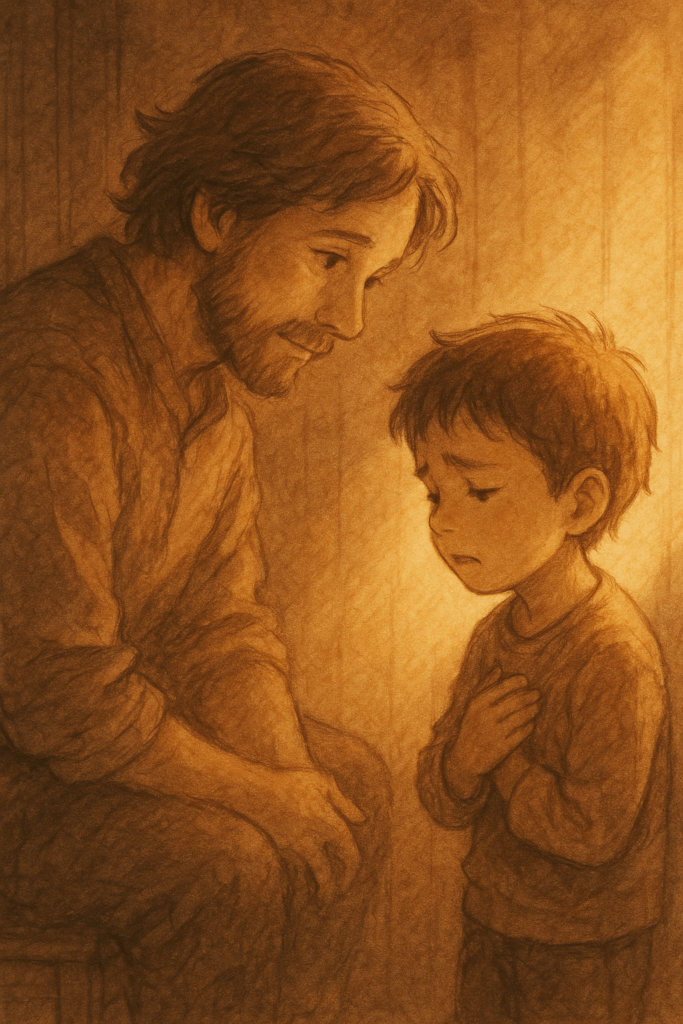
The Hesitation When You Can’t Say “Well Done”
When a child reads aloud hesitantly or writes kanji with unsteady strokes,
we may think, “It’s not quite good yet.”
Trying to praise with a “Well done!” can sometimes feel unnatural or even dishonest.
But these conflicted feelings are often signs of a parent’s deep desire to face their child with honesty and care.
What Is the Silent Period? — Not Speaking, but Growing
Children learning a second language—especially those with foreign roots—often go through what is known as a silent period (Krashen, 1985).
This isn’t a time of “not speaking,” but a period when children are absorbing language internally and deepening their understanding.
Anxiety, embarrassment, lack of confidence—these emotions don’t appear in words, but in silence.
Praise Is Not Evaluation, But Empathy
What’s most important during this time is not evaluating results, but recognizing what the child is feeling and how they’re trying to engage.
Psychologist Carl Rogers called this attitude empathetic understanding—not “Well done!” as an assessment, but a gentle noticing:
“You looked nervous, but I saw you trying to read.”
“You worked hard to write this complicated kanji.”
Words of empathy like these give children a deep sense of security.
The Misconception: “Won’t Praise Hinder Growth?”
You might wonder, “If I praise them now, will they lose their motivation to improve?”
But according to the theory of intrinsic motivation (Deci & Ryan, 1985), people are driven not by external rewards, but by their own internal meaning-making.
A simple gaze that says, “I see your effort” is enough to sustain a child’s will to keep trying.
Children Grow Words Within Their Silence
Vygotsky (1934) emphasized that learning grows through relationships with others.
For children in the silent period, the presence of a trustworthy adult can be the key that gently draws their words back into the open.
In Closing — Seeing Beyond “Can or Cannot”
Within a child’s silence lives invisible effort.
Just like when they used to call out, “Daddy, look!”—wanting someone to see, to understand—those same feelings still live quietly within them.
That’s why it’s so important to shine a light on their unspoken efforts, rather than rushing toward visible outcomes.
“I know you can’t say it yet, and maybe you don’t understand it fully—but I still believe in you.”
This gaze becomes the most empowering word a child in the silent period can receive.
What truly matters is believing in the child as they are now, even if they can’t do it yet.
Not in what they might become, but in the fact that they are trying, right now, in ways that may not yet take shape in words.
Let go of the scale of “can or cannot,” and instead focus on their willingness to try and intention to express.
That compassionate gaze may become one of the warmest and most lasting memories a child carries from this precious, silent time.

コメントを残す